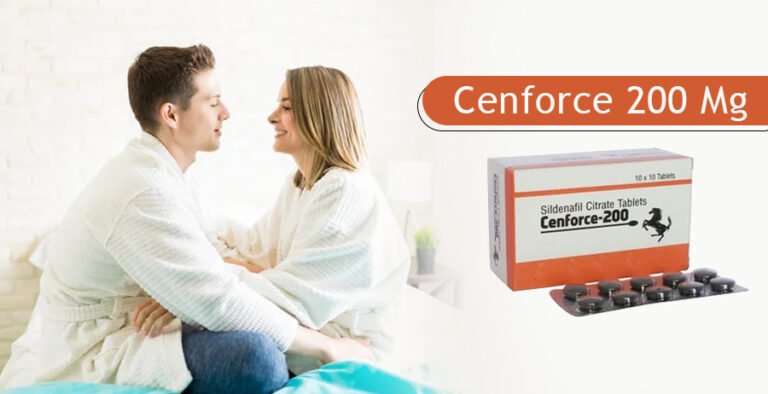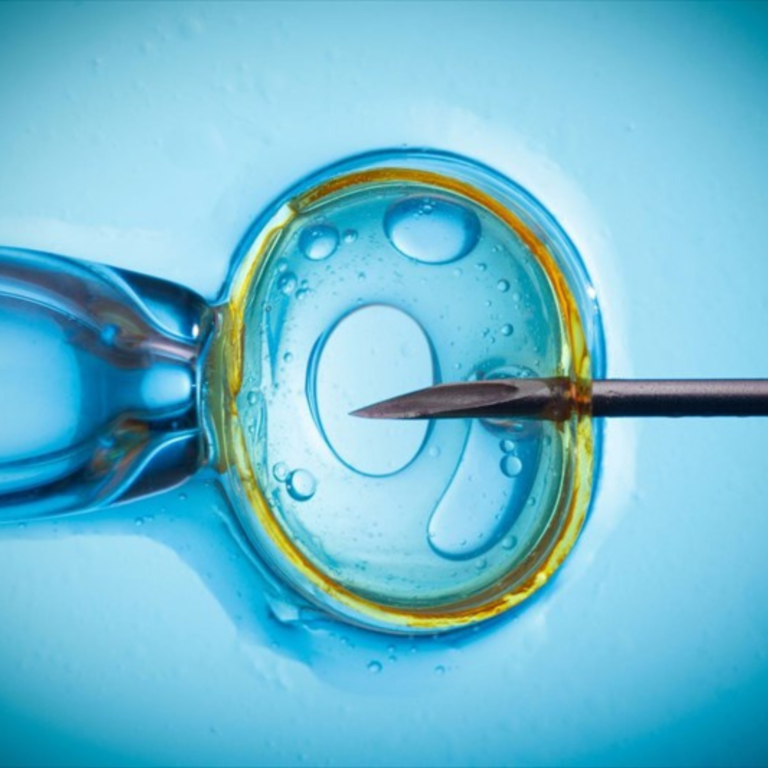Impact and Coping Strategies for Erectile Dysfunction
Erectile dysfunction (ED) is not merely a physical issue; it can have profound psychological implications for affected individuals and their partners. Understanding the psychological impact of ED and learning effective coping strategies is crucial for managing this condition and improving overall well-being.
Psychological Impact of Erectile Dysfunction
Self-Esteem and Confidence:
ED can significantly impact a person’s self-esteem and confidence. The inability to perform sexually as expected may lead to feelings of inadequacy, shame, and guilt.
Relationship Strain:
ED often causes strain in intimate relationships. Partners may feel rejected, unattractive, or blame themselves for the problem, leading to communication issues and emotional distance.
Anxiety and Depression:
Living with ED can contribute to anxiety about future sexual encounters, performance anxiety, and even clinical depression in some cases. The constant worry and fear of failure can be emotionally draining.
Loss of Intimacy:
ED can disrupt intimacy and closeness between partners, leading to feelings of loneliness, isolation, and a lack of connection.
Coping Strategies for Erectile Dysfunction
Open Communication:
Honest and open communication between partners is essential. Discussing feelings, concerns, and expectations can help alleviate anxiety and strengthen the relationship.
Seeking Professional Help:
Encouraging individuals with ED to seek professional help from healthcare providers, counselors, or therapists specializing in sexual health can provide valuable support and guidance.
Education and Understanding:
Learning about ED, its causes, and treatment options can empower individuals to take control of their condition. Knowledge reduces fear and misconception.
Exploring Non-Sexual Intimacy:
Focusing on non-sexual forms of intimacy, such as cuddling, kissing, and emotional connection, can help maintain closeness and strengthen the bond between partners.
Healthy Lifestyle Changes:
Encouraging healthy lifestyle changes, including regular exercise, a balanced diet, stress management techniques like meditation or yoga, and avoiding substance abuse, can improve overall well-being and potentially alleviate ED symptoms.
Couples Therapy:
For couples struggling to navigate the emotional challenges of ED, couples therapy can provide a supportive environment to address issues, improve communication, and rebuild intimacy.
Medical Treatments:
Medications like Fildena 100 (containing sildenafil citrate) are commonly prescribed for ED. Fildena 100 works by increasing blood flow to the penis, helping to achieve and sustain an erection during sexual stimulation. However, it’s essential to consult a healthcare provider before starting any medication to ensure safety and effectiveness.
Support Groups:
Joining support groups or online forums for individuals with ED can offer a sense of community, shared experiences, and practical tips for coping with the condition.
Psychological Factors Contributing to Erectile Dysfunction:
Stress and Anxiety:
Stressful life events, work pressure, financial worries, and performance anxiety can all contribute to ED. When a person is stressed or anxious, the body releases stress hormones like cortisol, which can interfere with the normal erectile process by constricting blood vessels and affecting libido.
Depression:
Depression is another common psychological factor linked to ED. The feelings of sadness, hopelessness, and loss of interest in pleasurable activities can significantly impact sexual desire and performance.
Relationship Issues:
Difficulties in relationships, communication problems, unresolved conflicts, and lack of intimacy can create emotional stress and lead to ED. Healthy relationships built on trust, respect, and open communication are crucial for maintaining sexual well-being.
Body Image and Self-Esteem:
Negative body image, low self-esteem, and self-doubt can also contribute to ED. Feeling inadequate or unattractive can affect confidence in sexual situations, leading to performance issues.
Past Trauma:
Traumatic experiences such as sexual abuse, assault, or previous negative sexual encounters can have long-lasting effects on sexual function and intimacy. Seeking therapy and support to address trauma-related issues is essential for overall well-being.
Myth:
Erectile Dysfunction Only Affects Older Men
Fact:
While ED is more prevalent among older men due to age-related factors like decreased testosterone levels and vascular issues, it can certainly occur in younger individuals. Studies have shown that a significant percentage of men under 40 experience ED, with causes ranging from psychological stressors to underlying health conditions.
Myth:
ED in Young Men is Rare and Insignificant
Fact:
Contrary to popular belief, ED is not uncommon among young men. Research suggests that between 14% to 35% of men under 40 may experience some degree of erectile difficulties. Ignoring these issues can lead to emotional distress, low self-esteem, and strained relationships.
Myth:
Lifestyle Has No Impact on Erectile Function in Young Men
Fact:
Lifestyle choices play a crucial role in erectile function, regardless of age. Factors such as smoking, excessive alcohol consumption, poor diet, lack of exercise, and drug use can all contribute to ED by affecting blood circulation, hormone levels, and overall health.
Myth:
Treating ED in Young Men Involves Only Psychological Interventions
Fact:
While psychological factors like anxiety and performance pressure can contribute to ED, physical causes such as hormonal imbalances, diabetes, hypertension, and cardiovascular diseases must not be overlooked. A holistic approach that addresses both psychological and physiological aspects is often necessary for effective treatment.
Also Read
10 Benefits Ginseng of For Treatment Erectile Dysfunction
Beyond the Pill: Natural and Alternative ED Solutions
Conclusion
Erectile dysfunction can have a significant psychological impact, affecting self-esteem, relationships, and emotional well-being. By adopting effective coping strategies, including open communication, seeking professional help, making lifestyle changes, and exploring treatment options, individuals with ED and their partners can navigate the challenges, improve intimacy, and enhance overall quality of life.







